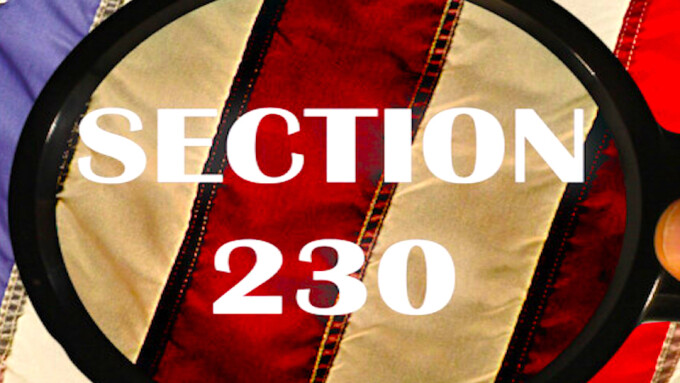WASHINGTON — The ranking members from both parties in the U.S. House of Representatives Communications and Technology Subcommittee have teamed up to propose an end to current liability protections under Section 230, known to digital rights activists as “the First Amendment of the internet.”
Washington Republican Cathy McMorris Rodgers and New Jersey Democrat Frank Pallone held a hearing Wednesday titled “Legislative Proposal to Sunset Section 230 of the Communications Decency Act.”
At the hearing, McMorris Rodgers argued that although the intent of Section 230, enacted in 1996, was “to make the internet a safe space and allow companies to remove harmful content in good faith without being held liable for doing so,” the increasing role of online activity in people’s lives since then has led to Big Tech “exploiting this to profit off us and use the information we share to develop addictive algorithms that push content on to our feeds.”
At the same time, McMorris Rodgers continued, the same companies “refuse to strengthen their platforms’ protections against predators, drug dealers, sex traffickers, extortioners and cyberbullies.”
She did not cite any specific companies or examples, but added, “Our children are the ones paying the greatest price. They are developing addictive and dangerous habits, often at the expense of their mental health. Big Tech has failed to uphold American values and be good stewards of the content they host.”
McMorris Rodgers also claimed that U.S. courts “have expanded the meaning of what Congress originally intended for this law, interpreting Section 230 in a way that gives Big Tech companies nearly unlimited immunity from legal consequences. These blanket protections have resulted in tech firms operating without transparency or accountability for how they manage their platforms and harm users.”
According to the congressperson, tech companies have “become masters at deception, distraction, and hiding behind others in order to keep Section 230 unchanged.”
The goal of this bipartisan push, McMorris Rodgers concluded, is not for Section 230 to disappear, but to make a show of strength against the tech companies, after nearly 25 bills to amend Section 230 over the last two Congresses failed to alter its liability protections.
“These companies have left us with no other option,” she added. “By enacting this legislation, we will force Congress to act.”
Under Section 230, internet platforms that host and moderate user-generated content — including adult content — cannot generally be sued for that content. However, Section 230 is not absolute. Writing in 2022, digital rights advocates Evan Greer and Lia Holland of advocacy group Fight for the Future noted, “It does not provide immunity if the platform develops or creates the content, and it does not provide immunity from the enforcement of federal criminal laws. But, crucially, it does protect against criminal liability from state laws.”








